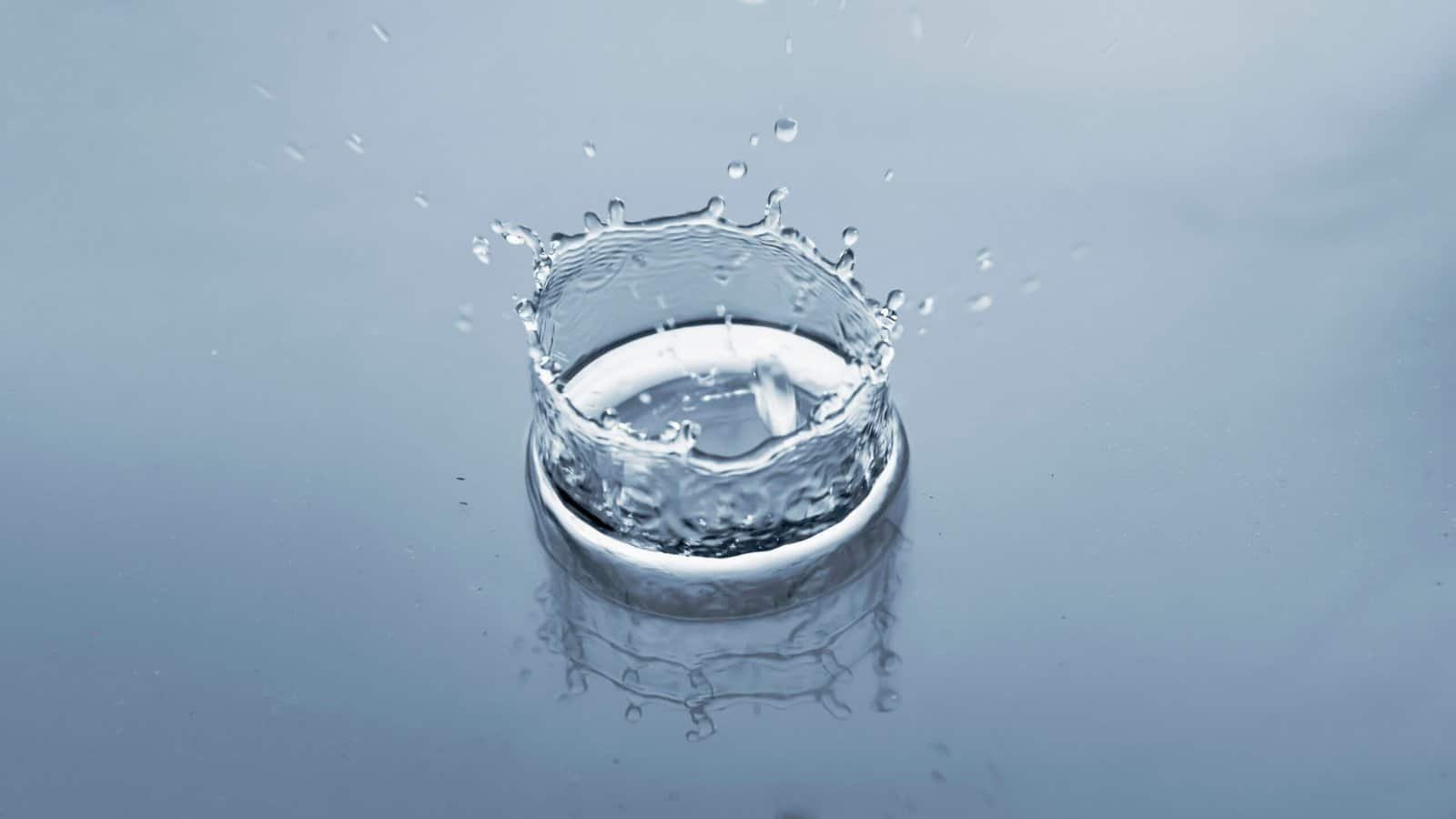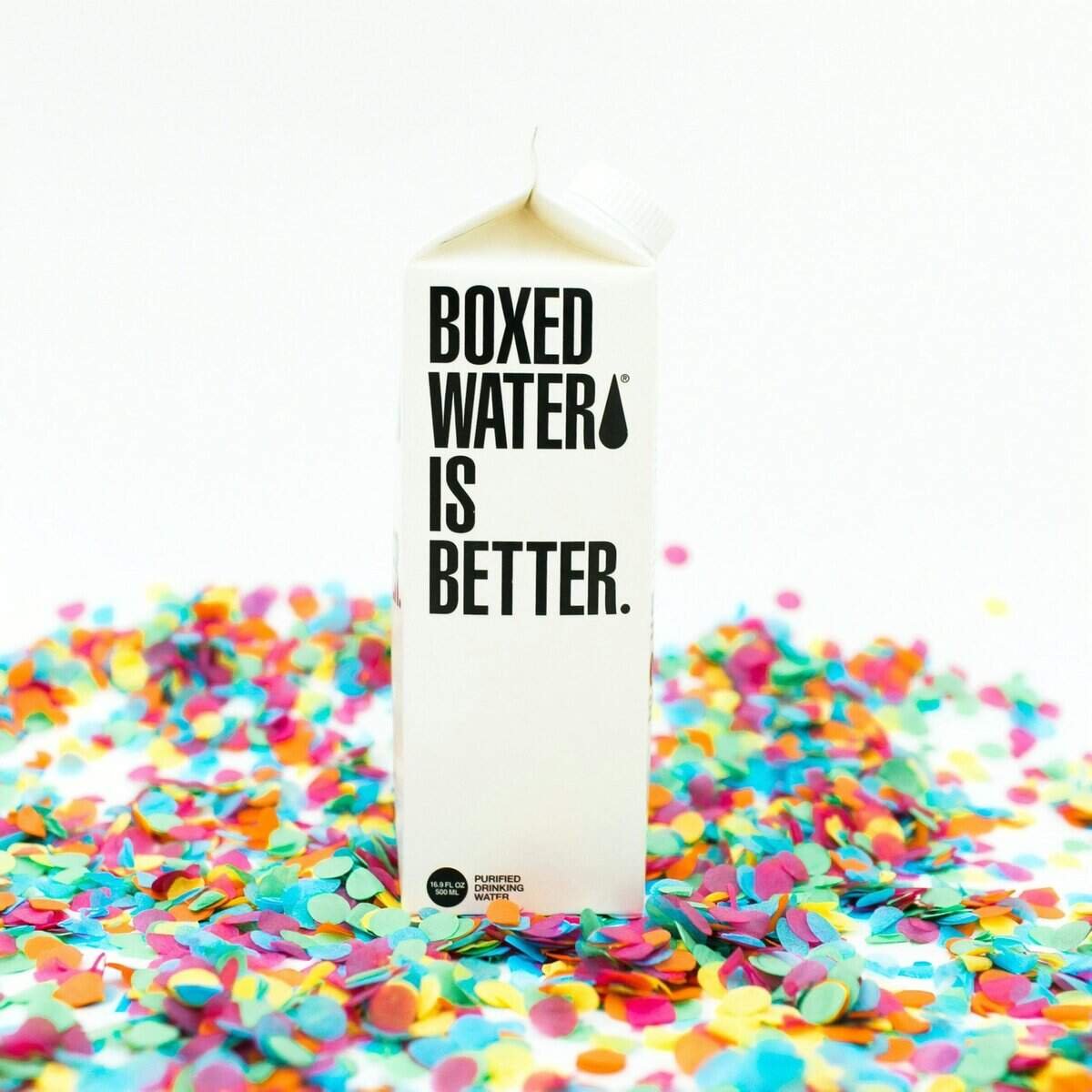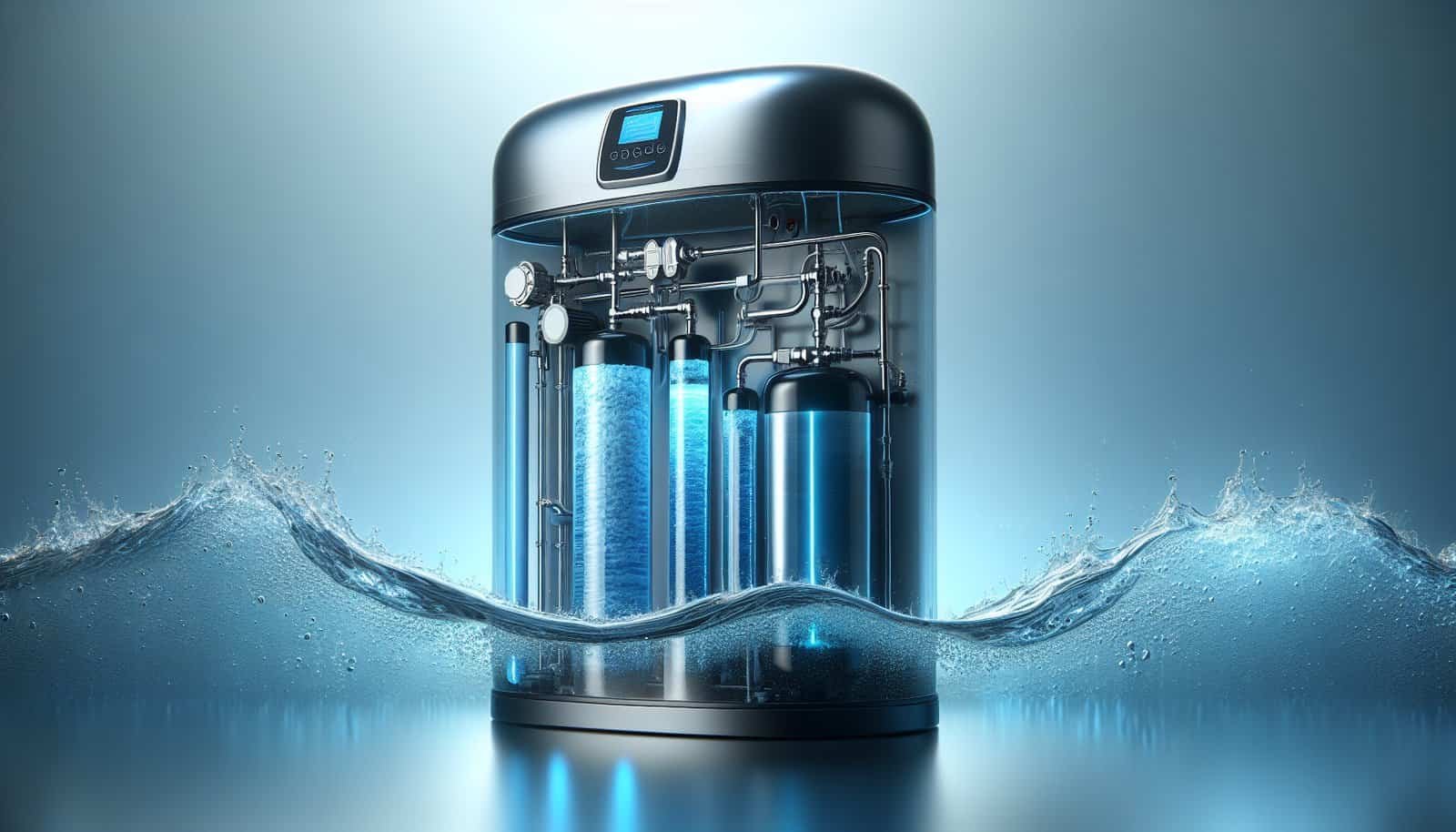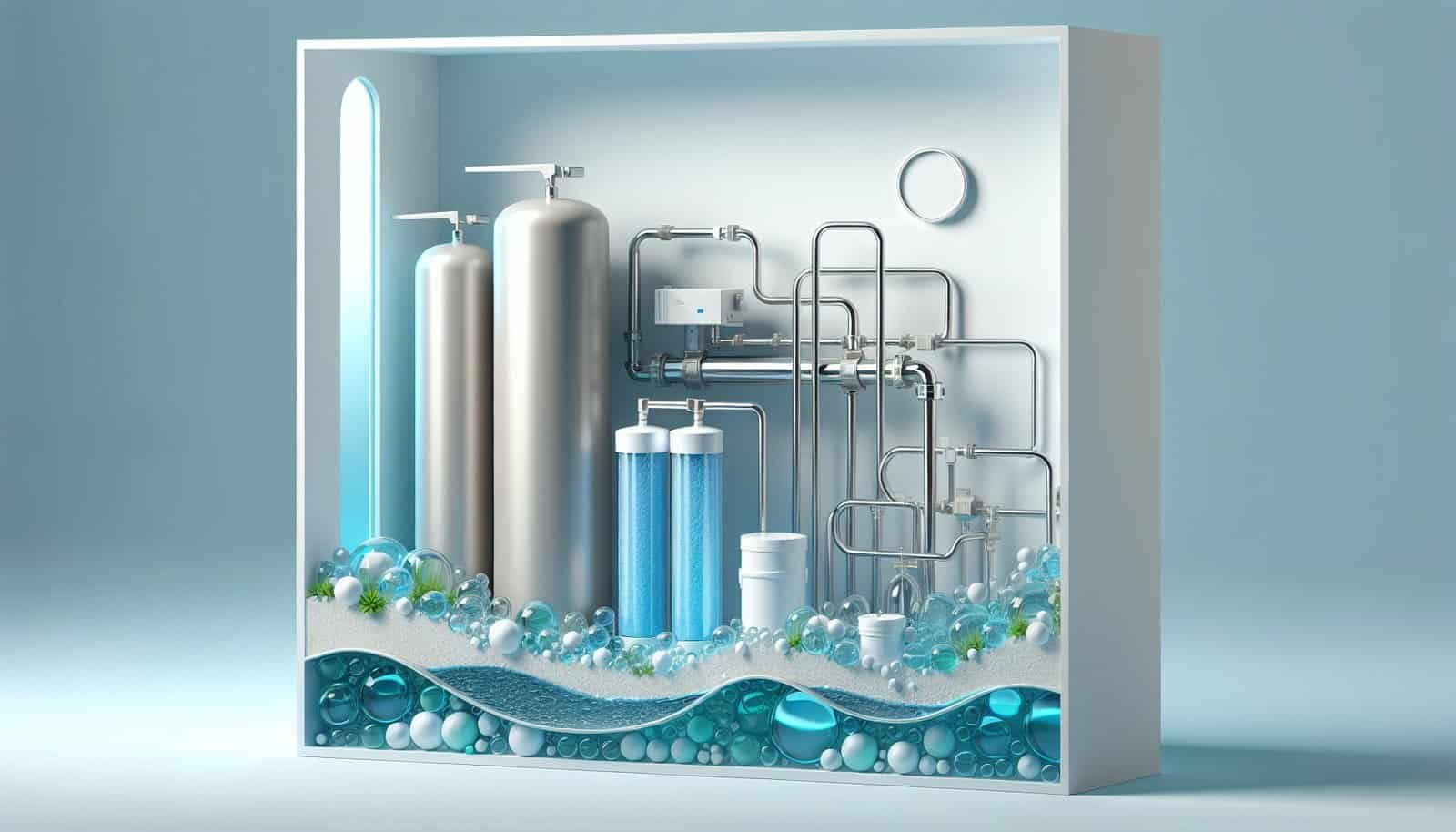Are you wondering if installing a water softener for your well is the right decision for you? This question might have crossed your mind, especially if you’re dealing with hard water issues. When you use well water on a daily basis, you might notice certain challenges that aren’t as prevalent with other water sources. By exploring and understanding these issues, you can decide whether a water softener is the right fit for your needs.

Understanding Hard Water
Before diving into the specifics of water softeners, it’s crucial to understand the concept of hard water itself. Hard water refers to water that contains high amounts of minerals, primarily calcium and magnesium. These minerals may come naturally from rocks and soil as groundwater flows through them. If you’re using a well, there’s a significant likelihood that these mineral deposits have made their way into your water supply.
How to Identify Hard Water
Identifying hard water is relatively easy once you know what to look for. You might notice that soap doesn’t lather as well, or scale deposits accumulate on your faucets and appliances. These are common signs of hard water. If you’re still unsure, a simple home test kit can provide a clear picture of your water’s hardness level.
The Impacts of Hard Water
Hard water isn’t usually harmful to your health, but it can be a nuisance. It can wear down your appliances and plumbing over time, create buildup in your water heater, and leave spots on your dishes. While these might seem like minor inconveniences, they can escalate into more significant issues if left unchecked, potentially leading to costly repairs.
The Role of a Water Softener
Now that you have a basic understanding of hard water, let’s explore what a water softener does. A water softener is a device that reduces the minerals in your water, primarily calcium and magnesium, through a process known as ion exchange. This process replaces these minerals with sodium or potassium ions, resulting in “soft” water.
Types of Water Softeners
Several types of water softeners are available, and choosing the right one depends on your specific needs and preferences.
Salt-Based Water Softeners: These are the most common type. They use salt to replace hard minerals with sodium ions. While effective, you need to regularly add salt to keep them functioning.
Salt-Free Water Softeners: Instead of using salt, these systems condition the water with potassium. They don’t remove hardness but prevent scale buildup, making them a good option for environmentally conscious individuals.
Dual-Tank Water Softeners: Ideal for larger households or areas with very hard water, these systems use two tanks for continuous softening, ensuring one tank is always functional while the other regenerates.
Magnetic and Electronic Descalers: These are not traditional water softeners, but they prevent scale buildup by employing magnetic or electric fields. They’re easy to install but may not be as effective.
Benefits of a Water Softener
Using a water softener can bring several benefits. It can extend the life of your appliances and plumbing, provide better lathering of soaps, and enhance the effectiveness of detergents. Additionally, it can result in softer skin and hair and leave your dishes spotless.

Is a Water Softener Right for Your Well?
Deciding whether a water softener is suitable for your well requires weighing several factors. It’s crucial to consider your water quality, household needs, and budget.
Evaluating Your Water Quality
The first step is to determine the hardness of your water. A professional water test can give you precise measurements of mineral content, along with identifying any other contaminants that might be present. If your water is moderately to very hard, a water softener might be beneficial.
Household Size and Water Usage
The size of your household and your water usage patterns also play a role. A larger household or higher water usage will amplify the negative impacts of hard water, such as scaling and reduced efficiency of water-dependent appliances.
Cost Considerations
Installing a water softener involves both initial expenses and ongoing maintenance costs. While a high-quality softener can be a worthwhile investment, it’s important to ensure it fits within your budget. There’s a broad range of options available, allowing you to find a system that balances effectiveness and affordability.

Alternatives to Water Softeners
If you’re hesitant about installing a water softener, there are alternative approaches you might explore.
Household Filters
You can opt for whole-house or point-of-use filters. These filters don’t eliminate hard minerals but can remove other impurities, improving overall water quality.
Adjusting Home Habits
Slight changes in water usage habits, such as lowering the temperature of your water heater to 130°F or cleaning faucets and showerheads with vinegar to remove scale, can also help manage hard water effects.
Upgrading Appliances
Appliances designed to handle hard water, or those with built-in softeners, can mitigate some issues. While these might require a higher initial investment, they often lead to savings over time.

Conclusion
Deciding whether to install a water softener for your well isn’t a one-size-fits-all decision. Understanding your specific circumstances and the potential benefits and costs involved is essential. Whether you’re leaning toward a traditional salt-based system, considering a salt-free option, or pondering alternatives, the goal is to ensure your water meets your needs while being as hassle-free as possible. By evaluating your water quality, understanding your household demands, and considering your budget, you’ll be well-equipped to make the best decision for your home.

